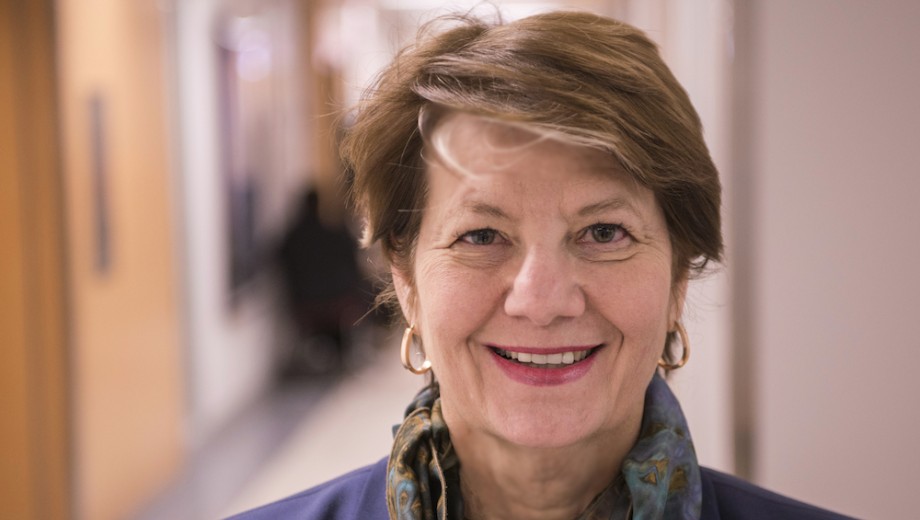Dear Alumni and Friends,
The Division of the Humanities remains committed equally to foundational fields of knowledge and to the pursuit of new lines of inquiry. The first of these commitments is exemplified by a new endowed chair to support the study and teaching of the intellectual traditions of Hinduism, made possible by a generous $3.5 million gift to establish the Anupama and Guru Ramakrishnan Professorship in Sanskrit Studies. Sanskrit is the language of the texts written for more than two millennia by the philosophers, poets, and scientists of Southern Asia and continues to be used in Hindu and Buddhist rituals today. With this endowment we solidify one of our strengths in South Asian studies for generations to come and demonstrate our investment in the study of languages, ancient and modern, as a means of rich engagement with the world’s cultures and global heritage.
Our commitment to traditional and rigorous disciplinary training yields new knowledge when coupled with innovative tools and a decidedly contemporary perspective. Digital humanities is the term used now for the array of research that employs the tools of computation science to ask new questions in the humanistic disciplines. A number of technologically inflected projects now thrive on campus, including such diverse enterprises as data mining the connections within twentieth-century modernist poetry, using digital tools to trace the musical shifts in Bob Dylan’s oeuvre, or the digital recreation and mapping of sites such as Renaissance Florence and ancient Buddhist caves that are no longer extant.
In this issue you will hear from two faculty members, archaeologist David Schloen (NELC) and music theorist Steven Rings (Music), who have thought deeply about the relationship between disciplinary practice and the possibilities of the digital humanities. Scholars like David and Steven are at the forefront of investigations that deploy modern digital tools; just as important, they are at the forefront of investigations into how these new tools inflect and transform our established modes of humanistic inquiry.
Sanskrit studies and the digital humanities are but two of the many important areas of research and teaching pursued by the 200-plus faculty members in the 15 departments and programs in the Division of the Humanities. We rely on those individuals, like you, who recognize the significance of humanistic inquiry in the modern world and to support our scholarship and our teaching of the future leaders in the academy, industry, and the public sector. On behalf of all the students and scholars in the Division of the Humanities, thank you!
With best wishes,
![]()
Martha T. Roth
Dean of the Division of the Humanities


Add new comment